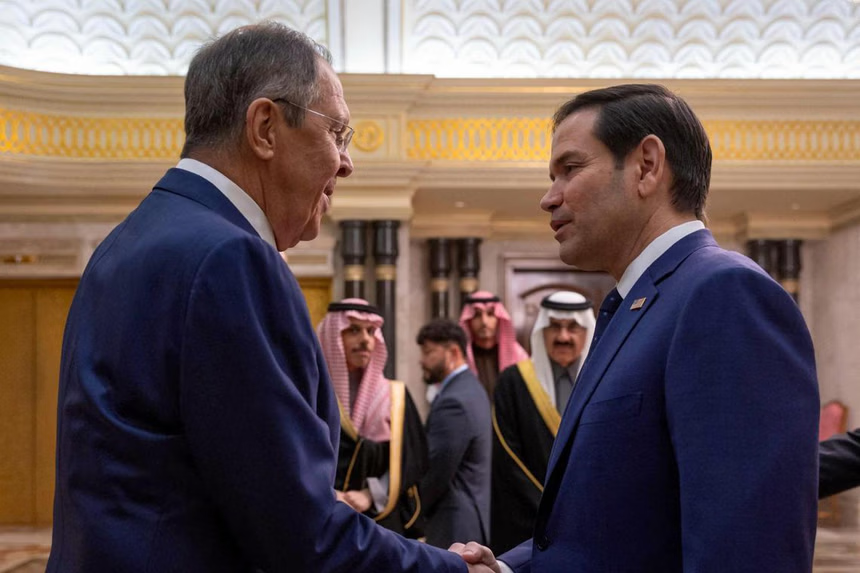
The Trump administration and Russian officials held their first direct talks on ending the Ukraine war in Saudi Arabia, marking a significant shift in US diplomatic strategy that excluded Ukraine from the initial discussions.
The 4.5-hour meeting in Riyadh represented the first direct US-Russian diplomatic engagement in resolving Europe’s deadliest conflict since World War Two. During the talks, Russia maintained its firm stance against Ukraine joining NATO.
President Trump expressed optimism following the meeting, indicating he would likely meet with Russian President Vladimir Putin before month’s end. Trump dismissed concerns about Ukraine’s absence, suggesting Kyiv should have initiated negotiations earlier, and claimed he could end the conflict.
The talks have sparked controversy, with European leaders expressing concern about negotiations occurring without Ukraine’s involvement. German Chancellor Olaf Scholz emphasized that decisions cannot be made without Ukraine’s participation. Some European politicians criticized the Trump administration for appearing to make concessions by ruling out Ukraine’s NATO membership and questioning Kyiv’s ability to reclaim occupied territory.
US National Security Adviser Mike Waltz acknowledged that future negotiations would need to address territorial issues and security guarantees. Secretary of State Marco Rubio indicated that high-level teams would continue discussions and work to restore diplomatic missions between Washington and Moscow. While Rubio expressed belief in Russia’s willingness to engage seriously, Russian officials made no mention of potential concessions.
Ukrainian President Volodymyr Zelenskiy postponed his planned visit to Saudi Arabia, with sources indicating the delay aimed to avoid legitimizing the US-Russia talks. Ukrainian officials maintain that peace negotiations should include their participation.
Russian Foreign Minister Sergei Lavrov stated Moscow would reject any NATO peacekeeping presence in Ukraine, regardless of the mission’s flag. He expressed interest in lifting economic barriers between the two countries, though Rubio noted that European involvement would be necessary for discussing sanctions relief.
The rapid diplomatic developments, initiated by a Putin-Trump call less than a week ago, have raised concerns in Ukraine, European capitals, and Washington about a potential deal that might overlook their security interests. Representative Jake Auchincloss, co-chair of the bipartisan House Ukraine caucus, criticized the talks, stating “Russia has won Round One” by achieving normalized bilateral diplomacy without making concessions.
Former US Ambassador to Russia Michael McFaul expressed skepticism about Putin’s willingness to compromise in peace negotiations.




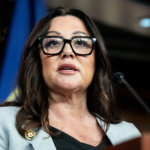


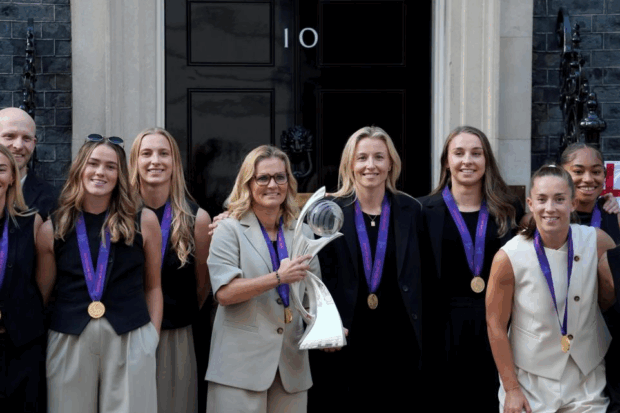


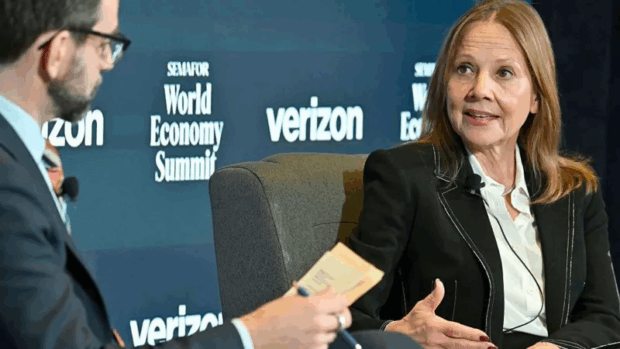
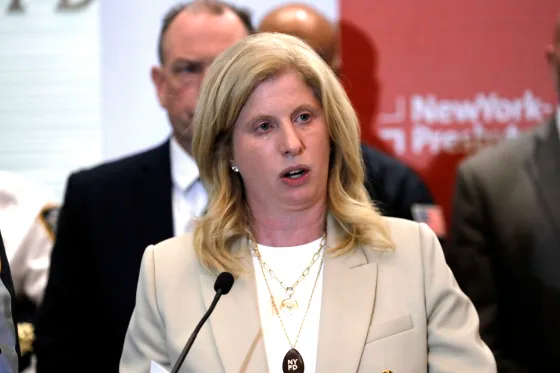





Be the first to leave a comment